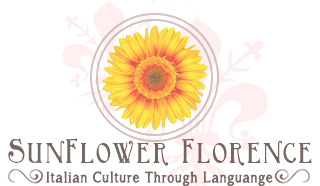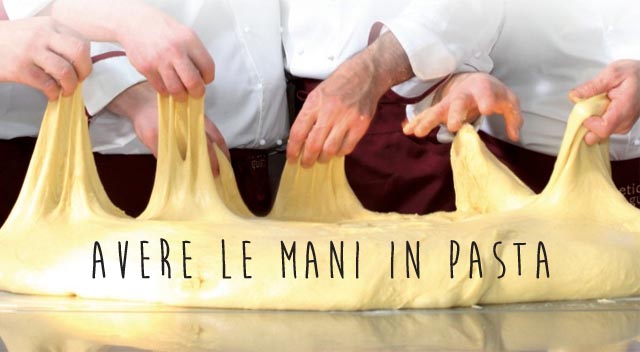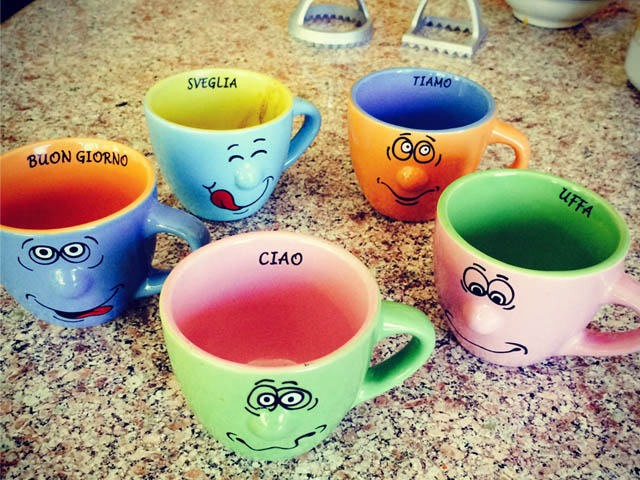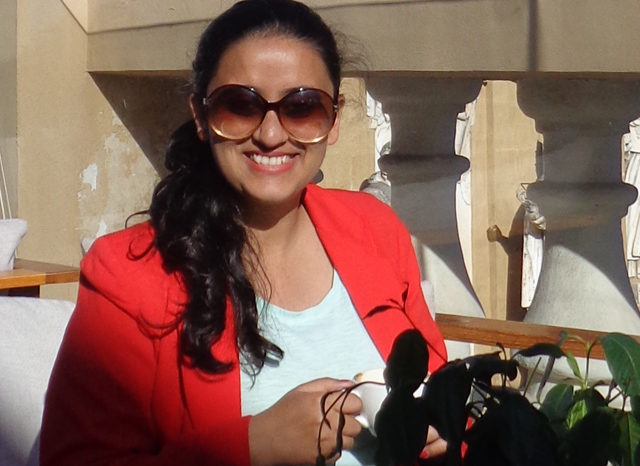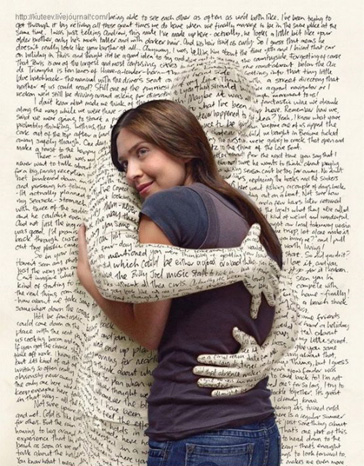To download and listen to the podcast click this link
(Right-click and choose “Save as…” to download to your device.)
Ciao a tutti! Sono Melissa! Bentornati sul mio canale! Sono ritornata con un nuovo video! Spero che tutto vada bene con tutti voi! Sono molto contenta perché recentemente ho avuto l’occasione di incontrare Sophia Loren! Davvero! Non sto scherzando! Non vi prendo in giro! Dico la verità. Il mese scorso sono andata a vederla a Las Vegas. Ha un nuovo show in cui lei parla della sua vita e la sua carriera. Dopo c’era un ricevimento privato per alcune persone e io ero uno di loro! Potete leggere della esperienza sul “Matta” blog nel post: Un sogno diventa realtà! Sono molto felice di dire il meno!
Allora… parlando degli scherzi…oggi voglio palarvi proprio degli scherzi in lingua italiana. Siete pronti? Allora…state con me!
Hi guys! I’m Melissa la studentessa Matta! Welcome back to my channel! I hope you are all doing well. I’m very happy because recently I had the chance to meet Sophia Loren in person! Really! I’m not joking! I’m not pulling your leg. I speak the truth! Last month I went to see her in Las Vegas. She has a new one-woman show in which she talks about her life and her career. Afterward there was a private reception for a few of the audience members and I was one of them! You can read about my experience on the Matta Blog in a post called: A Dream Comes True! I am over the moon to say the least!
Speaking of jokes and joking around…today I want to talk to you all about jokes and kidding around in the Italian language. Are you ready? Ok…stay tuned!
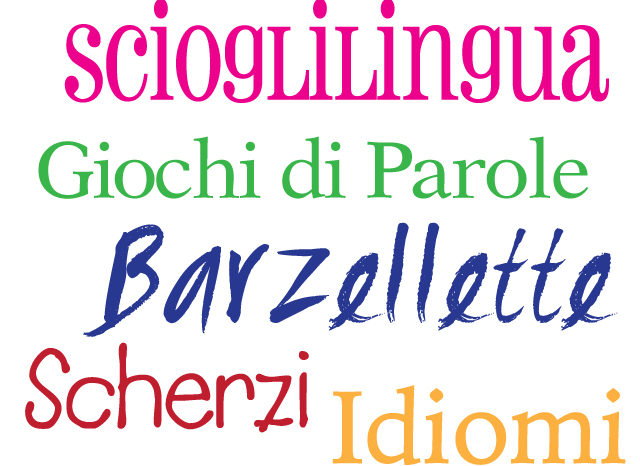
Gli italiani sono molto espressivi e amano una buona battuta. Ci sono tanti tipi di giochi. Diamo un’occhiata ai diversi modi per divertirci in italiano…ci sono tanti modi.
Let’s check out the different ways to have fun in Italian! Some examples are Scioglilingua, Giochi di Parole, Barzellette, Scherzi, Idiomi
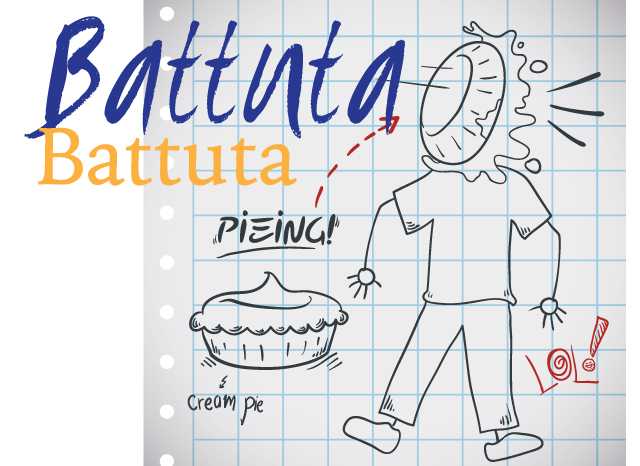
La parola “battuta” significa “beat” o “hit” in inglese, in italiano letteralmente un “colpo”. Ma nel senso di un gioco significa “punch line of a joke”. Potrebbe anche significare la frase che un attore deve imparare a memoria per un ruolo in un dramma o in uno spettacolo.
The word “battuta” means “to hit” in the sense of a “punch line of a joke. It can also mean the lines an actor needs to learn by heart for a role in a play.
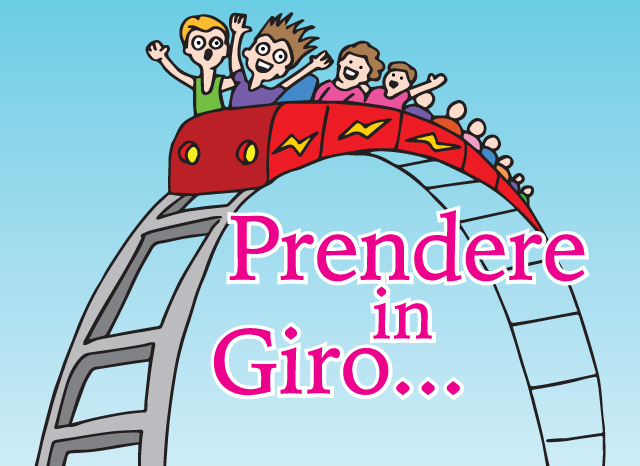
Per fare dispetti, irritare qualcuno o stuzzicare qualcuno usate quest’espressione: “Ti prendo in giro” (Prendere in giro)
If you are teasing someone or kidding around in Italian you would say: “Ti prendo in giro” for kidding someone or pulling their leg. It literally means to spin someone around.
Gli Scioglilingua sono quelle difficili parole scivolose che suonano molto simili.Il trucco o gioco è dire le parole molto velocemente. Ecco un esempio: Trentatré trentini entrarono a Trento, tutti e trentatré trotterellando”. La pratica rende gli scioglilingua più scorrevoli e lisci.
Le Scioglilingua are those tricky slippery tongue twisters…or words that sound very similar. The trick is to say them very fast… Practice makes perfect. By repeating the tongue twisters over and over again they become smoother and roll faster of the tongue.
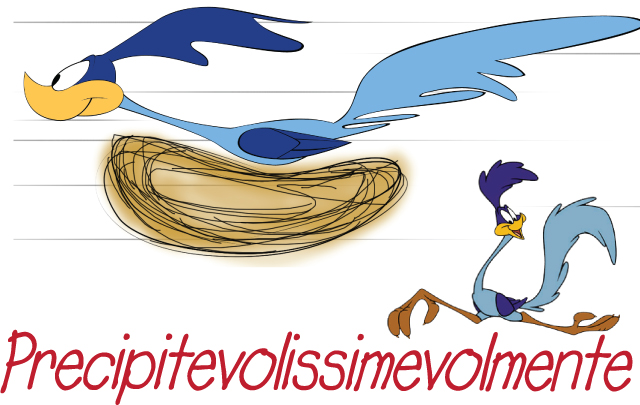
Parlando della velocità sappiate che la parola più lunga in italiano significa velocità? La parola è “Precipitevolissimevolmente” ed è quasi uno scioglilingua essa stessa!

Speaking of speed…did you know the longest word in Italian means just that: super speedy? It is “precipitevolissimevolmente” that by itself seems like a tongue twister to pronounce…now try saying that ten times fast!
Poi ci sono i giochi di parole o “word games”. I Giochi di parole potrebbero essere giochi come “Scarabeo” o il gioco “Scrabble” in Inglese.
Word games can be games like Scrabble in English (check out the online scrabble game Aworded. Scrabble game app for iPad, computer, phone. Play with Italians and other language learners)
Oppure un gioco di parole potrebbe anche essere una lingua artificiale, come un codice, usata da gruppi che cercano di mascherare le loro conversazioni per non essere capiti dagli altri. Come Adriano Celentano ha fatto nella sua canzone “Prisencolinensinainciusol” inventando parole per ingannare il pubblico che stava cantando in inglese.
Or a play on words could be a made-up language, like a code, used by groups that want to disguise their conversations so as not to be understood by others. As Adriano Celentano did in his song “Prisencolinensinainciusol” inventing words to fool the public he was singing in English
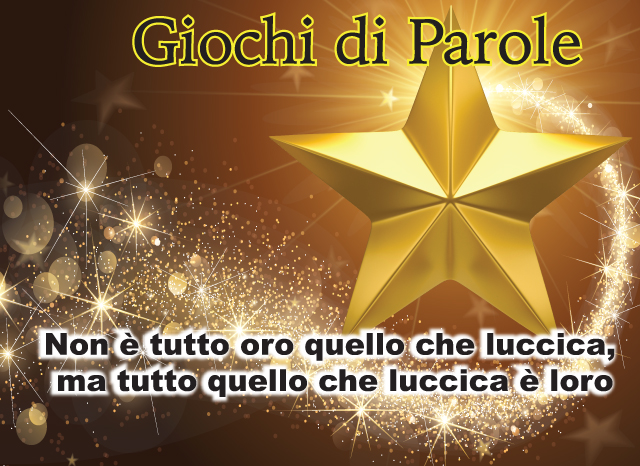
Oppure un gioco di parole potrebbe essere una battuta come questa: “Non è tutto oro quello che luccica, ma tutto quello che luccica è loro”
Or a play on words could be a little pun like this one: Not all that glitters is gold, but all that glitters is theirs… of course, this pun make sense only in Italian because of the play on “oro” gold and “loro” theirs
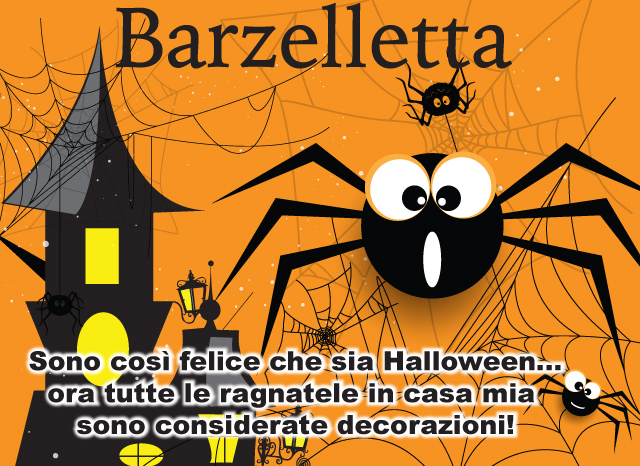
Poi ci sono Barzellette or jokes…come queste: “Sono così felice che sia Halloween…ora tutte le ragnatele in casa mia sono considerate decorazioni!”
I’m so glad it is Halloween…now all the cobwebs in my house are considered “decorations!”
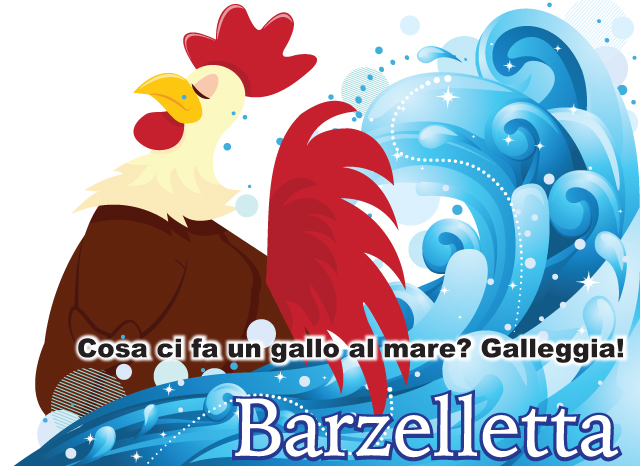
Cosa ci fa un gallo al mare? Galleggia!
What does un “gallo” (rooster) do in the sea? He floats! (you see “gallo” sounds similar to “galleggia”)
Una barzelletta potrebbe anche essere una piccola storia così.
A barzelletta in Italian could also be a little story with a cute twist.
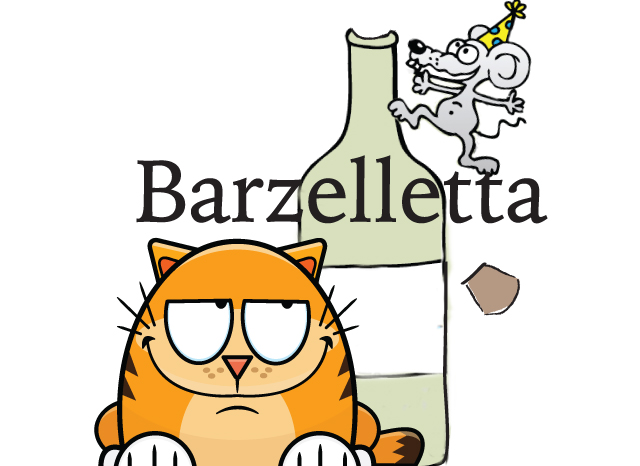
Un topolino era in una cantina. Avendo sete stappò una bottiglia di vino e cercò di prendere un sorso. Purtroppo cadde all’interno della bottiglia invece. Gridò a un gatto per chiedere aiuto, dicendogli: Signor Gatto preferirei essere mangiato da te che annegato nel vino”. Il gatto era felice di liberarlo e versò la bottiglia, liberando il topo. Il topo subito corse nella sua tana. Il gatto era abbastanza infelice e chiamò il topo: “…scusa…ma tu ha detto che potevo mangiarti dopo averti salvato dalla bottiglia! Il topo gli disse: Signor Gatto tutti fanno promesse stupide quando sono ubriachi!
A little mouse was in a wine cellar. Being thirsty it uncorked a bottle of wine and tried to take a drink. It fell inside the bottle instead. It cried out to a cat passing by for help saying “I’d rather be eaten by you than drowned in wine” The cat was happy to oblige and turned the bottle over freeing the mouse. The mouse quickly scampered away into its den. The cat was quite unhappy and called out to the mouse you said I could eat you if I freed you! The mouse simply grinned and said…Signore Gatto we all make silly promises when we are drunk!”
Parliamo adesso degli Scherzi. Gli scherzi sono burle, monelleria o in inglese: practical jokes. Un esempio sarebbe: Aprire l’elenco telefonico e cercare un numero a caso. Telefonare al numero venuto fuori e aspettare che qualcuno risponda. Poi chiedere: il tuo frigo corre? Quando loro rispondono Sì…Tu dici…Dai! Che stai aspettando! Corri dopo! devi andare a prenderlo!
Open the phone book and look for a random number. Call a random number and wait for someone to answer. Then ask: Is your refrigerator running? When they answer yes…you say: what are you waiting for…you better go and catch it!
Un idioma è un modo di dire o, si tratta di una lingua di un popolo
An idiom is a popular expression used by a certain group of people.
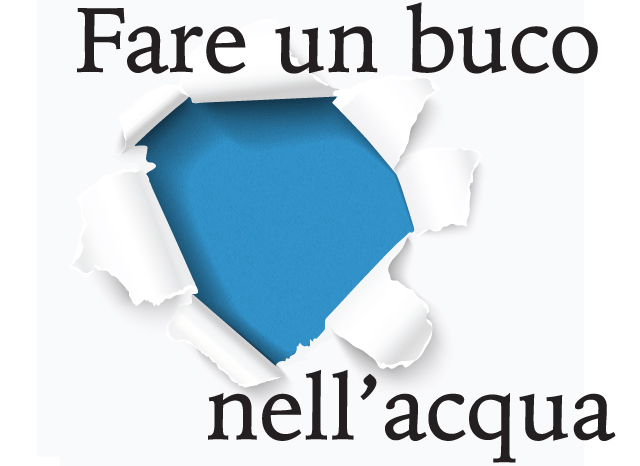
Per esempio: “Fare un buco nell’acqua”. Che vuol dire questo? “Fare un buco nell’acqua” significa agire in modo fallimentare. Per esempio: “Pensavo fosse andato tutto bene e invece ho fatto un buco nell’acqua”.
Here is an example of an idiom: “A hole in the water”. What does this mean? Well in Italy it means to fail at something. “I thought things would go well, but instead I messed up!”
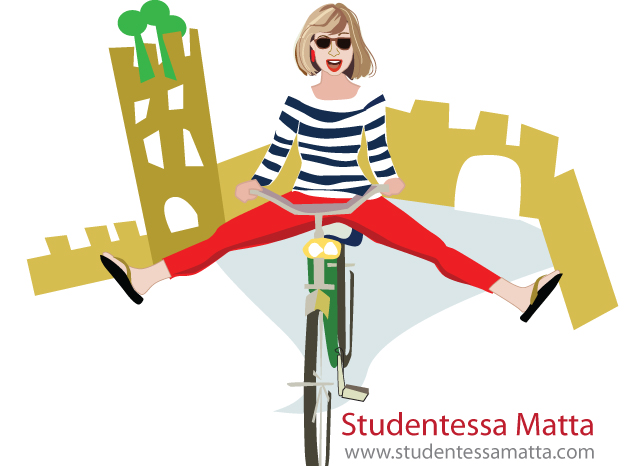
Ancora un altro: “Hai voluto la bici? Allora pedala!” È molto simile all’espressione in Inglese: You made your bed now lie in it! Si riferisce ad una situazione in cui qualcuno sognava o lottava per qualche obiettivo o un risultato e una volta ottenuto ci si dovrà occupare di tutto ciò che comporta – siano azioni buone, cattive, travolgenti, o impegnative. Come nel caso di una persona che desidera viaggiare spesso e, una volta avuta l’opportunità di farlo, si lamenta di patire il jet lag e che le linee aeree hanno smarrito i suoi bagagli.
And still another: You wanted the bicycle now pedal! It is very similar to the expression in English: You made your bed now lie in it! It refers to a situation where someone was dreaming of or striving for some goal or outcome, and once obtained you must deal with it…the good, bad, overwhelming…or challenging as it may be. As in the case of someone who desires to travel but then complains of suffering from jet lag and the airlines losing their luggage) a friend might say to that person, “Hai voluto la bicicletta? Adesso pedala! You wanted to travel, this comes with the territory!
Allora state ridendo a questo punto! Spero di sì! Quando si ride si impara meglio!
Are you laughing now? I hope so! When you laugh you learn the language better!
Be sure to check out the Matta website www.studentessamatta.com for text of this video in English and Italian!
Ci vediamo la prossima volta! Ciao!
